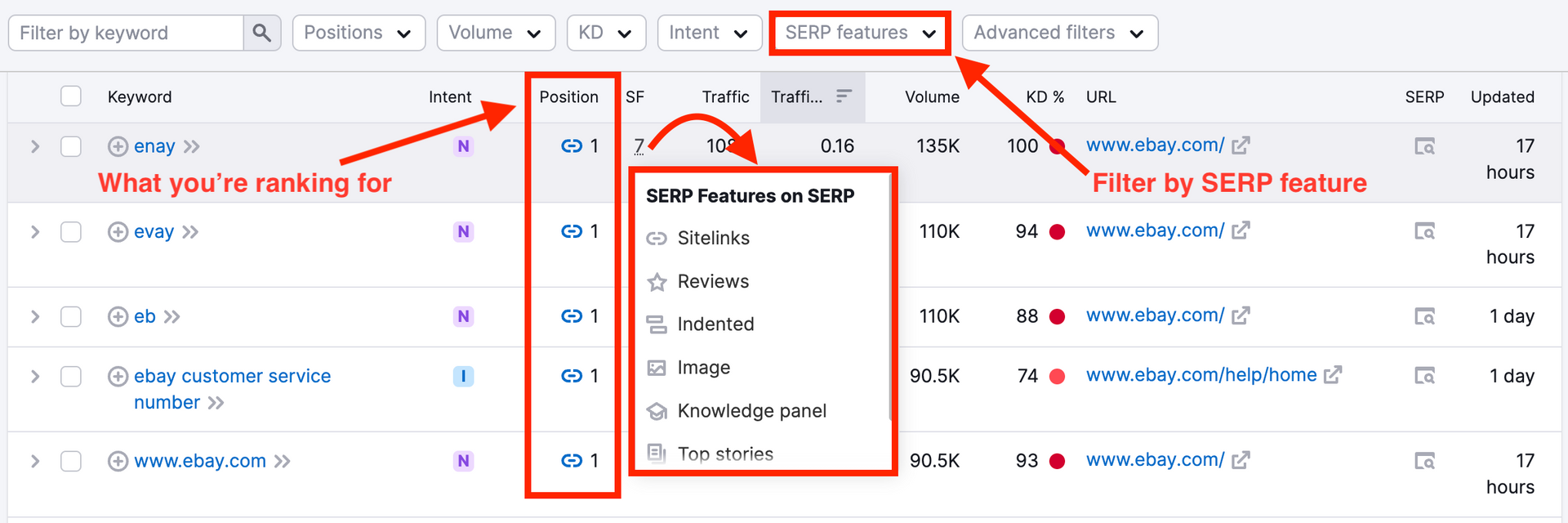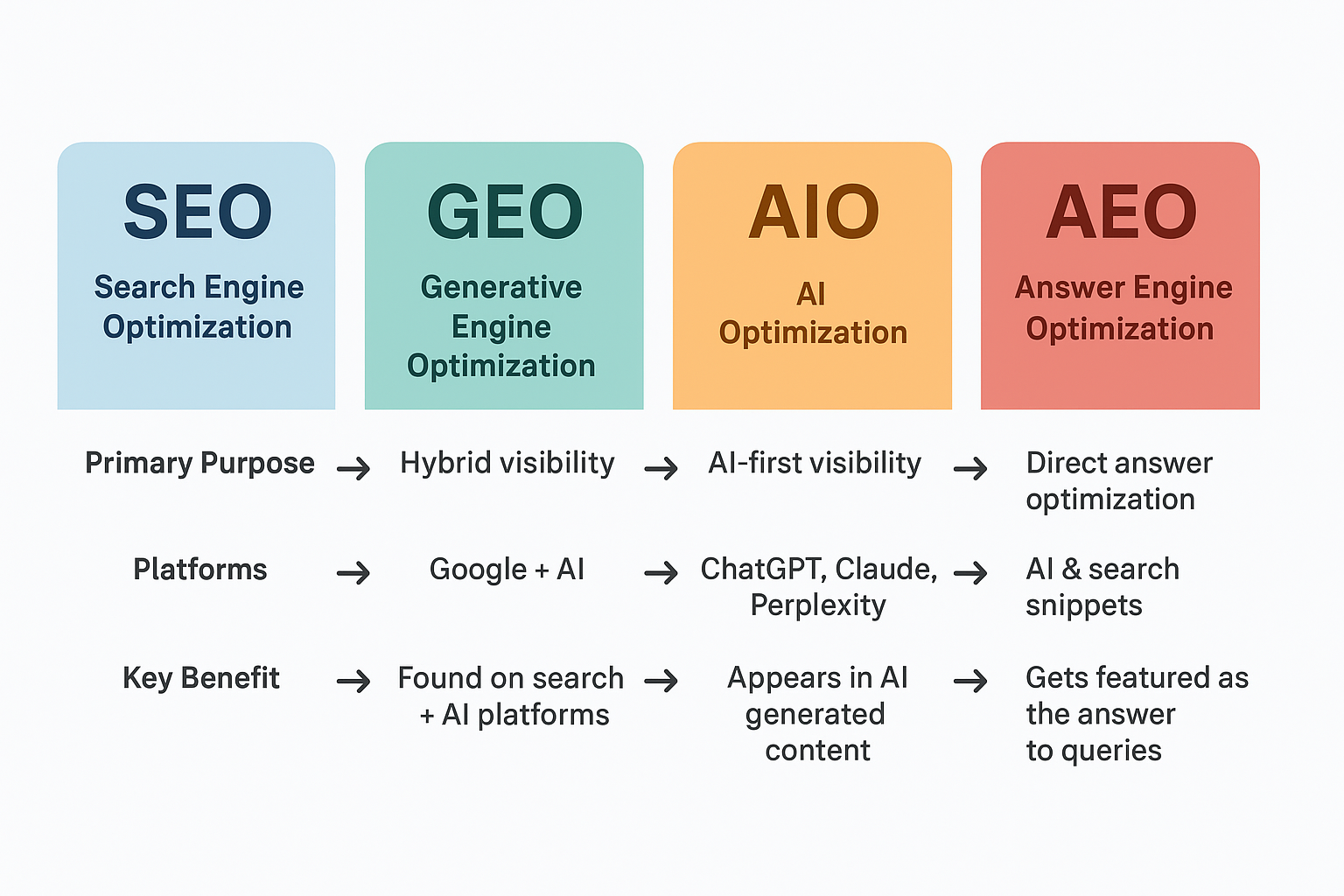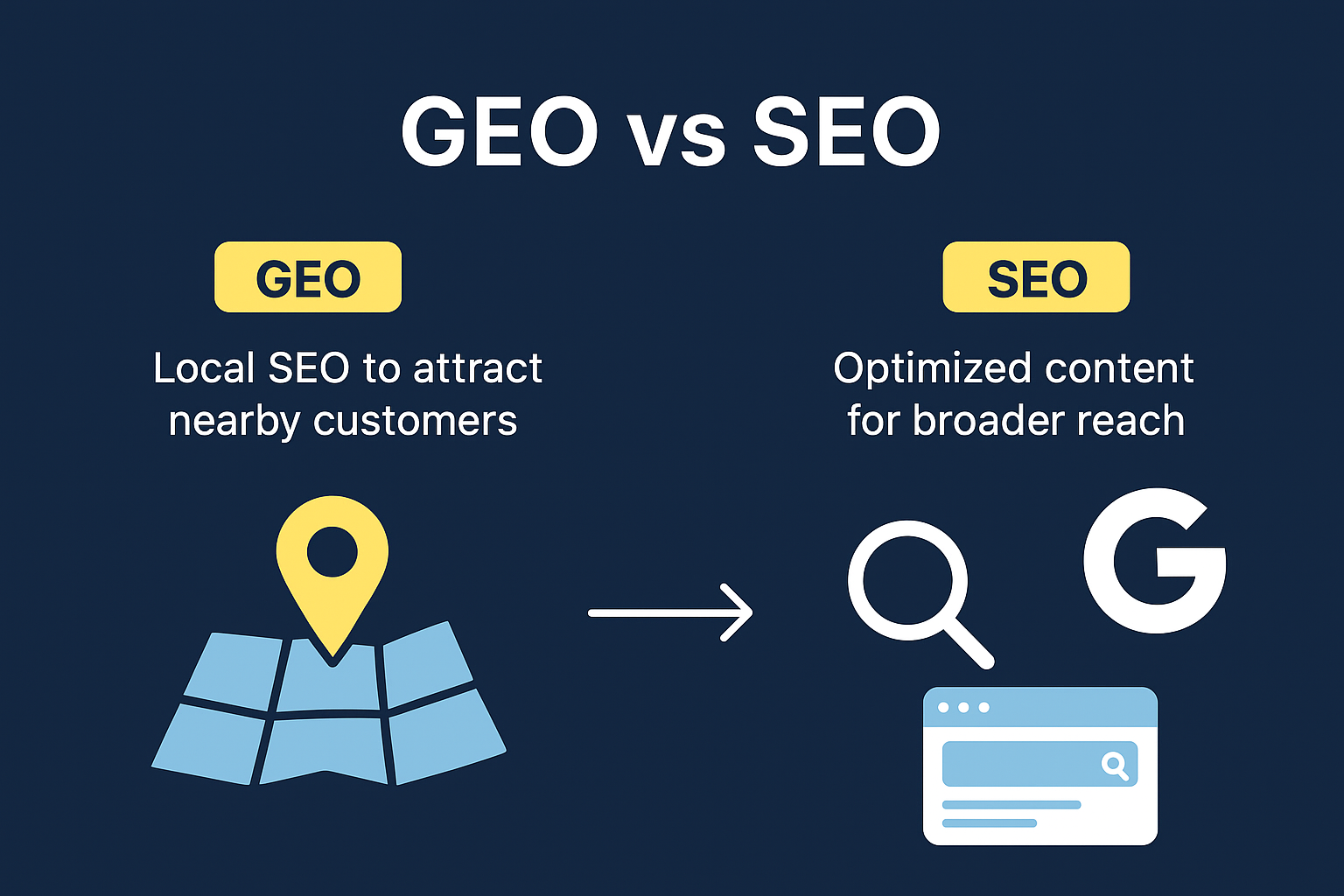What is a SEO Audit and What Can You Learn from It?
Why your website should have a routine SEO audit?

What is a SEO Audit and What Can You Learn from It?
If you know even a little about search engine optimization (SEO), you know that it refers to a series of best practices that will improve a website's presence in the search engines. SEO is the only way to ensure a steady stream of organic traffic, but how do you know if your SEO efforts are always working for you? You routinely perform an SEO audit on your site.
What is a SEO Audit?
An SEO audit is a process that identifies any issues holding your site back in the search results. The information revealed by the examination is then used to develop an actionable set of tasks that will optimize your site's performance, improve the user experience, and adapt to adjustments in ranking factors used by the search engine algorithms. A few of the items an SEO audit will analyze include:
1. On-Page SEO
2. Off-Site SEO
3. Technical SEO
4. The Marketplace
Let's explore what each of those terms mean, and how they can impact your site's performance in the search engine results pages (SERPs).
1. On-Page SEO
On-page SEO is all about ensuring each page of your site is optimized for the keywords you are targeting, your content provides an answer or solution to a visitor's query, and your meta descriptions are meaningful. In general, an on-page SEO audit will check:
* The site's content structure
* Keyword usage and frequency
* Metadata including page titles, heading tags, and meta descriptions
* Alt tags and descriptions on videos and images
* HTML sitemap
* Internal linking
2. Off-Site SEO
Off-site SEO can be described as your site's reputation around the web and the actions of others that can influence your site's ranking. An SEO-audit for off-site ranking factors analyzes the search engines' and users' perception of your website for popularity, authority, relevance, and trustworthiness. Sites that score highly in these areas are more likely to receive 'votes' from the internet community via links to your website and exposure through social media promotion.
3. Technical SEO
The goal of technical SEO is to improve the technical aspects of a website that make it more favorable to the search engines. The way you structure your website can dramatically improve how well a search engine understands the type of content it contains. The better an algorithm can understand your content, the more accurately your website will be ranked in the search results.
The technical side of an SEO audit will include:
* Improving page download speed
* Optimizing the internal linking structure
* XML sitemaps (a roadmap for the search engines)
* Setting up the robots.txt file
* Redirecting dead links
* Ensuring there is no duplicate content penalty by using canonical links
* Website security using SSL and HTTPS.
4. Analyzing the Marketplace
Any proper SEO audit will take a peek at what the competition is doing. Analyzing your competitors' performance in the search results can yield valuable insights by revealing what you might be doing wrong, or how to do something better. It will mostly come down to keyword research, as the best keyword combinations are the key to gaining higher rankings.
Now that you know more about what a SEO audit is, you understand that the process is incredibly complex and is not something you can do in one sitting. The best audits take place over a few weeks and monitor the site's performance in the search results once the necessary changes have been made. If you are inexperienced in the more technical aspects of running a website or don't have the time, then hiring an expert for an in-depth SEO audit is the best course of action.
Contact www.mobileopz.com for your FREE SEO audit today!











